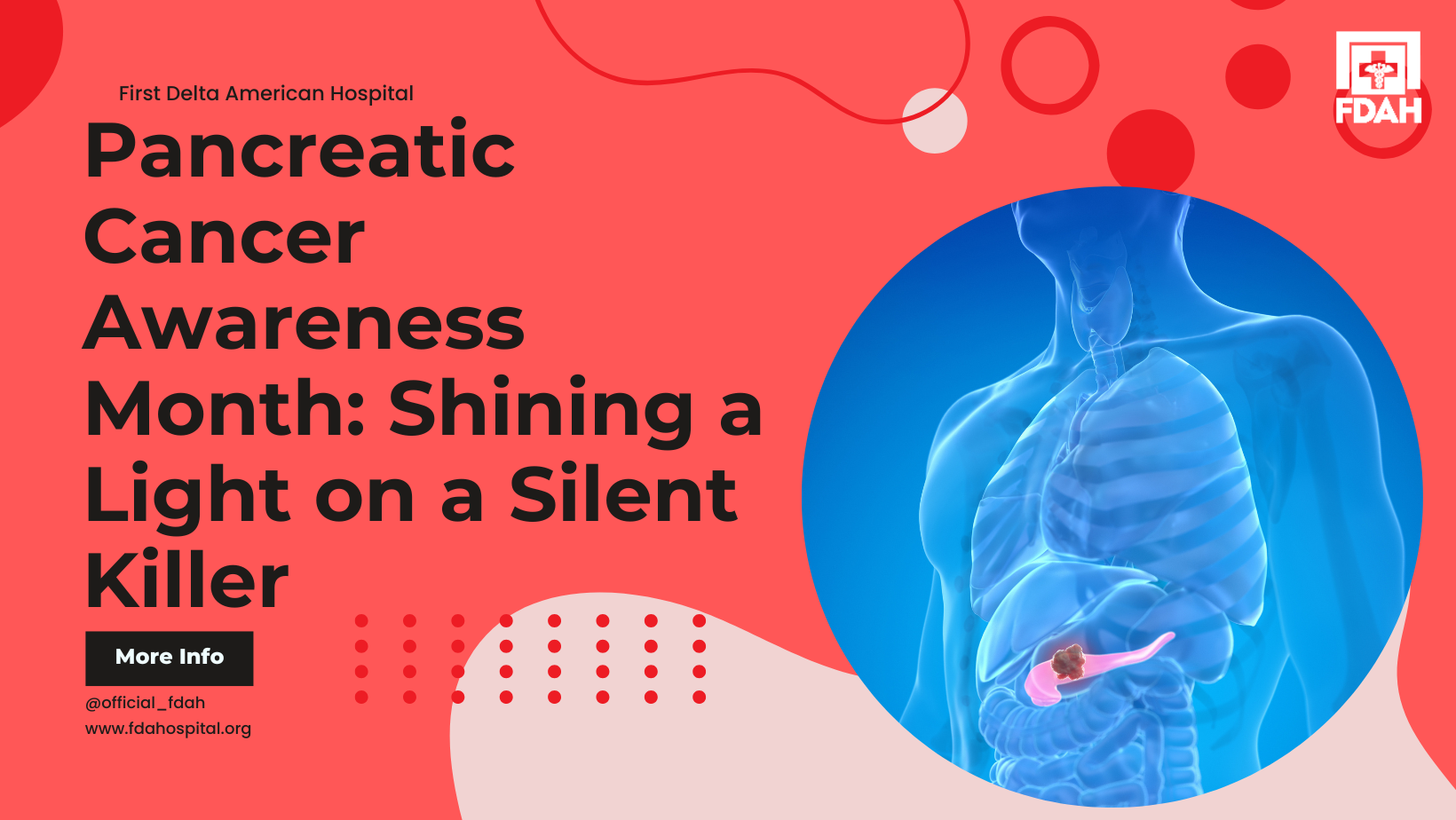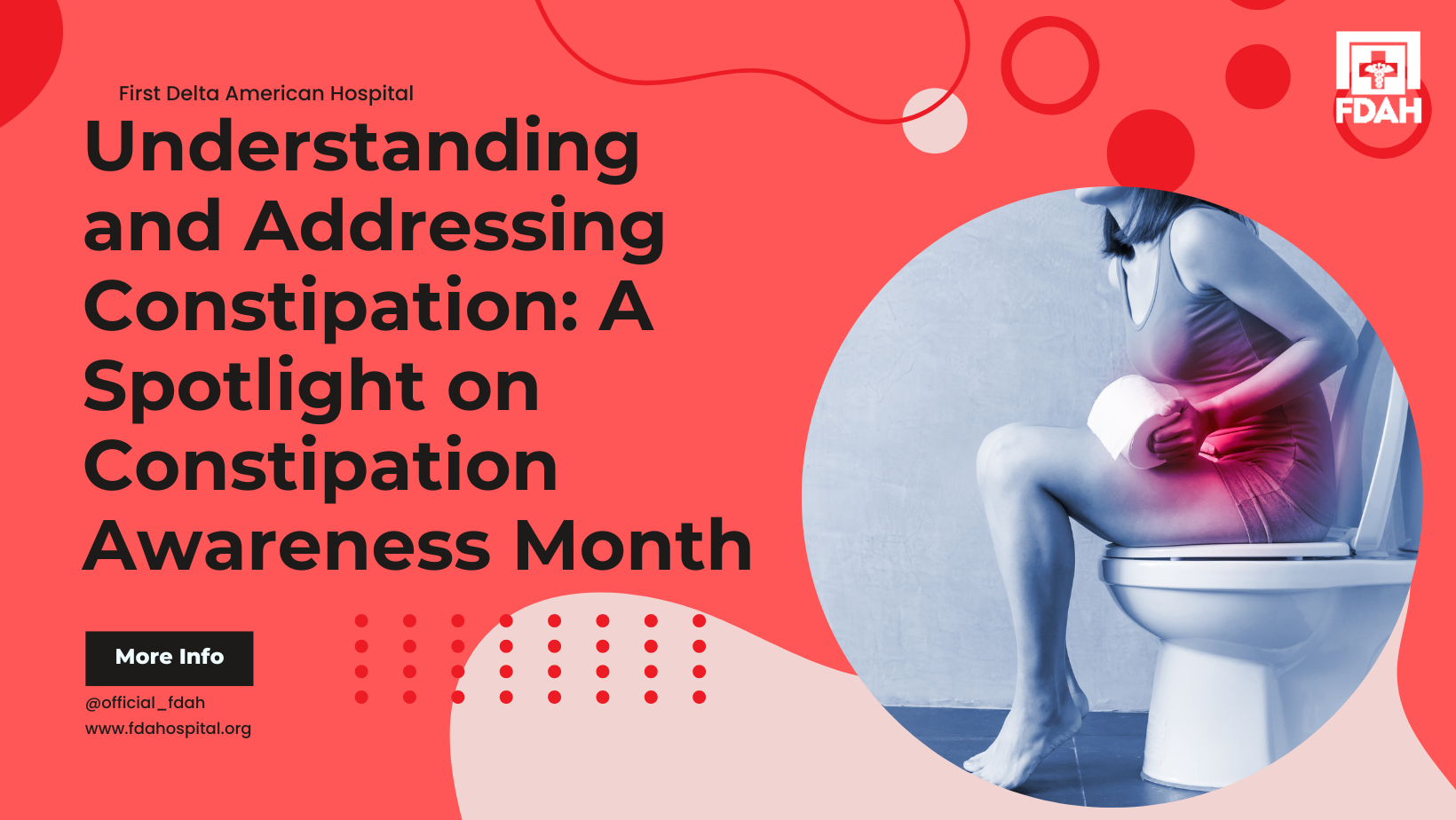Every November, Lung Cancer Awareness Month brings critical attention to one of the world’s most devastating diseases. Lung cancer remains one of the most common cancers globally and is the leading cause of cancer-related deaths, with over 2 million new cases annually. For adults aged 30 and over, the awareness raised during this month serves as a crucial reminder of the importance of lung health and proactive measures for prevention, screening, and treatment. Understanding lung cancer, its symptoms, risk factors, and ways to reduce risk can make a life-saving difference.
What Is Lung Cancer?
Lung cancer is a type of cancer that begins in the lungs, where the body’s respiratory system delivers oxygen and removes carbon dioxide. It usually starts in the cells that line the bronchi, the two main airways branching from the windpipe, or other parts of the lung like the bronchioles and alveoli. As lung cancer cells multiply uncontrollably, they can invade other areas of the body, leading to a progressive decline in respiratory function.
There are two primary types of lung cancer:
- Non-Small Cell Lung Cancer (NSCLC): This is the most common type, accounting for about 85% of lung cancer cases. Subtypes include adenocarcinoma, squamous cell carcinoma, and large cell carcinoma.
- Small Cell Lung Cancer (SCLC): Less common but more aggressive, this type spreads faster and accounts for about 15% of cases.
Symptoms and Early Detection
Lung cancer’s symptoms vary and are often mistaken for less serious respiratory issues. Common symptoms include:
- Persistent cough that worsens over time
- Chest pain
- Shortness of breath
- Weight loss or fatigue
- Hoarseness or changes in voice
- Blood in sputum (a mix of saliva and mucus)
Since symptoms often appear in advanced stages, regular screenings, especially for those at higher risk, play a crucial role in early detection and improving survival rates.
The History of Lung Cancer Awareness Month
Lung Cancer Awareness Month was established as a month-long campaign in the early 2000s, evolving from the Lung Cancer Alliance’s initiatives to highlight the significance of awareness and advocacy. November became the dedicated month to increase public understanding of lung cancer, dispel myths, and support patients and families. Today, organizations worldwide unite for this month-long effort, launching campaigns to improve screening access, reduce stigma, and ultimately increase funding for lung cancer research.
Goals of Lung Cancer Awareness Month
The main goals of Lung Cancer Awareness Month center around education, advocacy, and empowerment:
- Raising Awareness of Symptoms and Risk Factors: Educating people on symptoms, as well as risk factors like smoking, exposure to radon gas, occupational hazards (e.g., asbestos exposure), air pollution, and genetics, can encourage early medical intervention.
- Encouraging Regular Screening: For high-risk groups—particularly those aged 55 and older with a history of smoking—screening is essential. Low-dose computed tomography (CT) scans have been shown to reduce lung cancer mortality by 20% in at-risk groups.
- Reducing Stigma Around Lung Cancer: Lung cancer has historically been stigmatized, particularly in smokers. Awareness efforts aim to address this stigma and focus on support and empathy for those affected.
- Supporting Research for Better Treatments: Despite being one of the most common cancers, lung cancer research receives limited funding. Lung Cancer Awareness Month advocates for increased funding for research into new, more effective treatments.
- Providing Resources and Support for Patients and Families: Navigating a lung cancer diagnosis is challenging for patients and their loved ones. Organizations worldwide aim to provide resources and support networks during Lung Cancer Awareness Month.
Risk Factors for Lung Cancer
Understanding risk factors empowers individuals to make healthier lifestyle choices. The major risk factors for lung cancer include:
- Smoking: The number one risk factor, contributing to 85% of cases. Both active smoking and secondhand smoke exposure increase risk significantly.
- Radon Exposure: This radioactive gas, produced by the natural breakdown of uranium in soil, can accumulate indoors and contribute to lung cancer risk.
- Occupational Hazards: Certain jobs, such as construction or mining, involve exposure to asbestos, arsenic, and diesel exhaust, which can elevate lung cancer risk.
- Family History: Individuals with close family members who have had lung cancer may have a higher risk, even if they do not smoke.
- Air Pollution: Long-term exposure to pollution, particularly in high-density urban areas, has been linked to an increased risk of lung cancer.
Prevention and Early Detection Strategies
For adults, particularly those over 30, making lifestyle choices that prioritize lung health is crucial. Key strategies include:
- Avoiding Smoking and Secondhand Smoke: Quitting smoking, regardless of age, can reduce lung cancer risk and improve lung function.
- Regular Screenings: Those with significant risk factors, like a history of smoking or family history, should consult with a healthcare provider about screening options.
- Healthy Diet and Exercise: A balanced diet rich in antioxidants can reduce cancer risk. Additionally, physical activity improves lung function and overall health.
- Minimizing Radon Exposure: Testing homes for radon and employing mitigation strategies if radon levels are high can help lower lung cancer risk.
- Avoiding Workplace Hazards: For those in high-risk professions, wearing protective gear and adhering to safety guidelines is essential.
Treatment Options for Lung Cancer
Advances in medicine have expanded treatment options for lung cancer, providing patients with a range of choices that can be tailored to their specific needs. Common treatments include:
- Surgery: Removal of cancerous tissue, generally for early-stage cancers.
- Radiation Therapy: Targets and kills cancer cells, often used in combination with other treatments.
- Chemotherapy: Drugs that kill cancer cells or slow their growth.
- Targeted Therapy and Immunotherapy: These newer treatments are designed to specifically attack cancer cells or enhance the immune system’s response to cancer.
Protect Your Lungs
Lung Cancer Awareness Month serves as a timely reminder of the importance of lung health and the fight against one of the deadliest cancers. At First Delta American Hospital, we are committed to raising awareness, providing resources, and encouraging preventive measures. Take a proactive approach to lung health by scheduling regular screenings, making lifestyle changes, and staying informed.
Visit our website through the link in our bio to learn more about lung cancer prevention, screening, and treatment options. Remember, awareness and prevention save lives.




